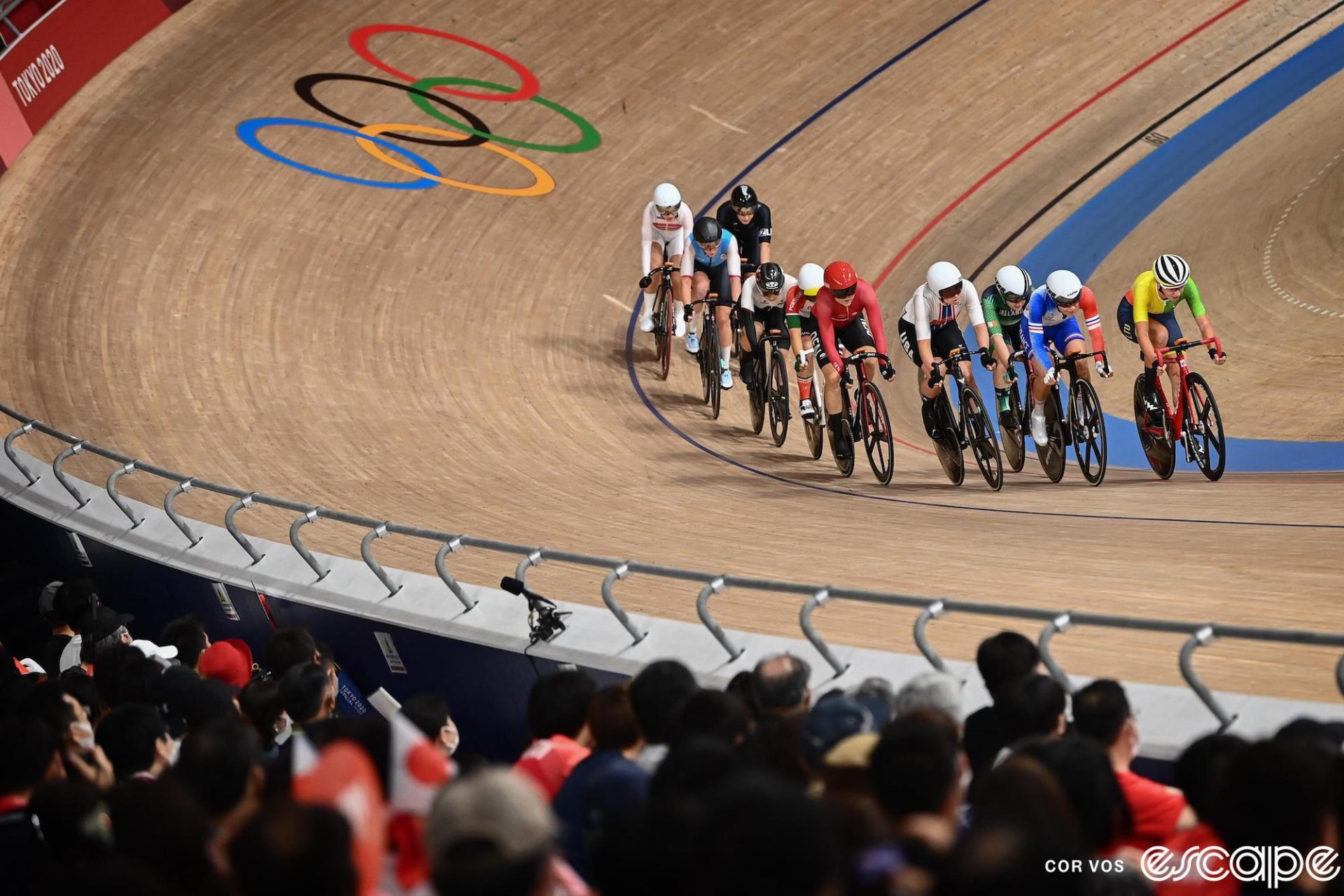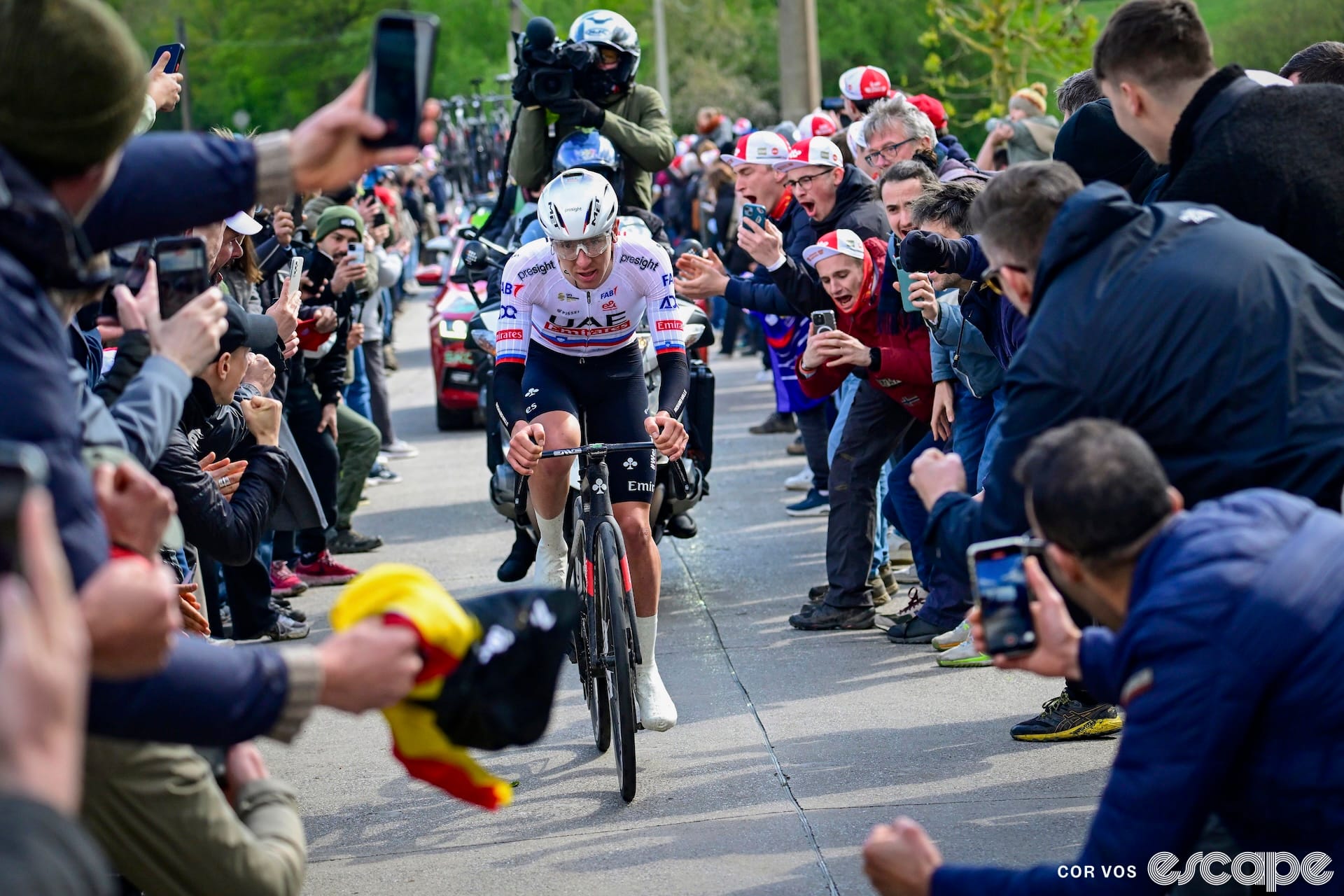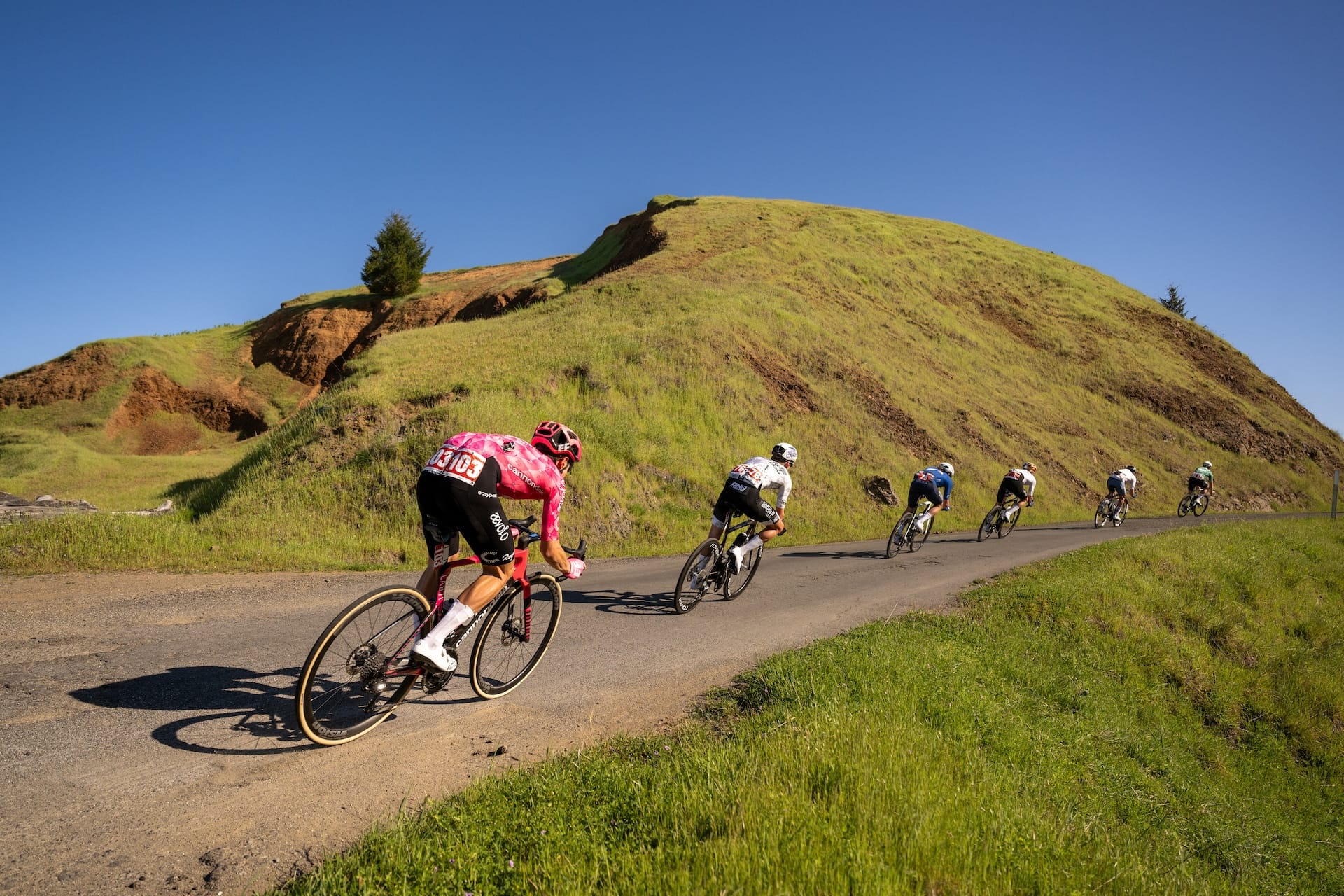The International Olympic Committee moved Thursday to suspend the national governing body in Russia over that country's attempt to effectively claim Ukrainian athletes from illegally annexed regions as its own.
The context
The Russian Olympic Committee's brazen action – formally bringing sports governing bodies in the Donetsk, Luhansk, Zaporizhia, and Kherson Oblasts under its control and thus pressuring Ukrainian athletes to switch their nationality – has been in the works for months, and violates the IOC charter on the territorial integrity of nations. Russia's 2022 annexation referendums in the regions – none of which it fully controls amid fierce fighting – were widely denounced as sham votes, and only Russia's closest allies have recognized its territorial claims.
What the IOC move means
The IOC decision, which came at an executive board meeting in Mumbai, India, has several immediate effects. The Russian Olympic Committee cannot function as an official, IOC-recognized body; its officials are barred from attending international events in any official capacity; and most significantly, the IOC will cease its funding contribution, which is often a major source of operating capital for national governing bodies. Budget shortfalls could be hard to fill; Russia is increasingly on a wartime economic footing, with as much as a third of its public 2024 federal budget devoted to its illegal invasion of Ukraine.
But the IOC's decision stops short of a blanket ban on Russian athletes at international events, and applies only to Russia, not key allies like Belarus that have aided its aggression. Under rules announced last May, the IOC essentially punted the decision on athlete participation to its various international governing body affiliates, which can decide to allow participation as "individual neutral athletes." In that scenario, Russian athletes compete under a neutral flag and uniform, and without acknowledgement of their nationality, including not playing the Russian national anthem at any medal ceremonies. That's essentially the approach the UCI has taken.
How this affects the Paris Olympics
Cycling's governing body published a list last June of qualified individual neutral athletes from Russia and Belarus, who met the requirements of having no affiliation with their countries' national governing bodies or cycling federations and have not supported the war. Although just two riders are on the approved list so far, as of now, that means those athletes would be able to take part in July's Paris Olympics. But, as critics point out, similar "neutral athlete" approaches in the past have hardly stopped Russia from promoting its successes on world athletic stages.
Russia's illegal actions in Ukraine are also not the only source of friction with sports governing bodies. The World Anti-Doping Agency last month warned of new sanctions for the Russian Anti-Doping Agency over its long history of non-compliance. And the Court of Arbitration for Sport finally heard arguments last month in the anti-doping case of Kamila Valieva, the Russian figure skater who tested positive at the 2022 Beijing Winter Games.
Few if any of these issues will be solved in time for the Paris opening ceremonies, where mayor Anne Hidalgo has said no Russian teams will be welcome. Hidalgo has no hard power on this issue, but it's a measure of public sentiment against Russian participation, as is Ukraine's threat to boycott the Games if Russian athletes are present. Absent stronger action by the IOC and UCI, resentment over Russian participation will no doubt linger.
Did we do a good job with this story?






